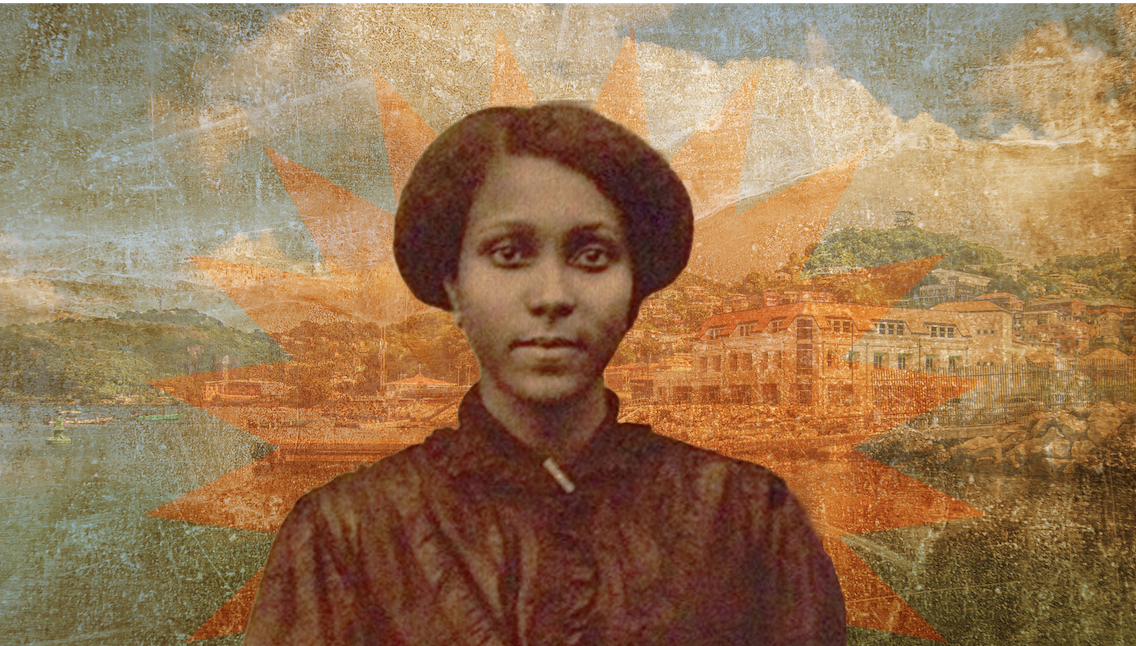University of Maryland English Home
Where Words Shape Thought
Undergraduate
Undergraduate Programs
Our undergraduate programs train students in key approaches to analyzing literature and media, the structures and effects of the English language, and theories and practices of writing from the creative to the professional. Find details about our B.A. program, honors program and minors.
Undergraduate ProgramsGraduate
Graduate Programs
Our graduate programs offer an extraordinary depth and range of expertise with highly individualized professional and pedagogical mentorship. Find details about our M.F.A., M.A. and P.h.D. programs.
Graduate ProgramsPeople
People
Meet our faculty, staff and graduate students. Our tenure-track faculty are first in their fields, with a wide-ranging and award-winning body of work in digital media, scholarly essays, and books, novels, short stories and poetry. Our professional-track faculty teach a diverse range of courses and make significant contributions to our education goals and research expertise.
DirectoryApply
Why UMD English?
Located just 10 miles from the nation's capital, we have easy access to the city’s rich cultural and scholarly resources, including the Library of Congress, the Smithsonian, the Folger Shakespeare Library and the National Archives. By enrolling in our programs, students join an exciting, diverse, engaged and thriving intellectual community.
Join UMD EnglishGive
Give
The UMD Department of English takes heart in our common pursuit of literature and language as vital to crossing the boundaries of difference. It makes us discerning about language and its effects, it drives us to question ourselves and to empathize with diverse identities, and it helps us compose a better world. Your gift will make a difference in the educational experience of our students. Thank you for your generosity.
Support UMD EnglishFor Faculty & Staff
For Faculty & Staff
Please visit the English Department Intranet for policies and procedures, business and HR, meetings and committee information, offices and resources, and FAQs.
English Department IntranetEnglish in the World
The Department of English teaches students how to think critically, communicate clearly, and create fearlessly. Equipped with a versatile and interdisciplinary liberal arts education, our students emerge from our classrooms well-prepared to navigate the complex landscape of the current moment.






